CATIE Costa Rica
CATIE was established more than 40 years ago in the city of Turrialba, Costa Rica, where it has its headquarters, by an agreement between the Government of Costa Rica and IICA. In Costa Rica, it actively collaborates with local and national governments, grassroots organizations and Non-Governmental Organizations to provide a timely, coherent and innovative response to the demands and needs at different levels and thematic areas of the country.
OFERTA DE VALOR PARA EL PAÍS
CATIE can support the country in the following areas: climate change and institutional strengthening to comply with national environmental agendas, agroforestry systems with coffee and cocoa, development of strategies to promote low-carbon livestock, forest management, and tourism. sustainable, circular economy and sustainable agribusiness, water security and information platforms for comprehensive territorial approach, among others.
FORTALECIMIENTO DE CAPACIDADES
Postgraduate and training
- 374 graduates to date
- 17 current students
- 1099 professionals and technical personnel
- 350 families trained
INVESTIGACIÓN Y DESARROLLO
Regional projects
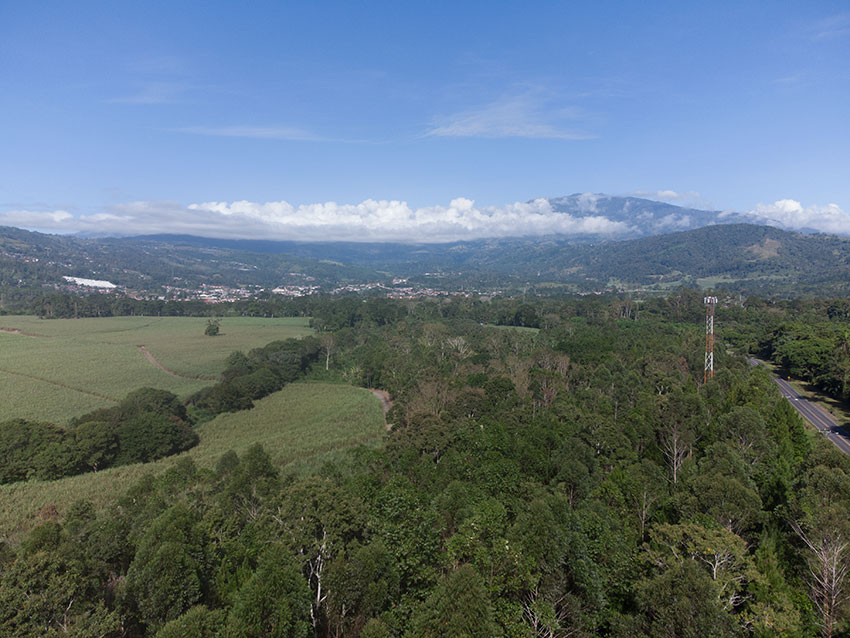
Proyecto: Escalamiento de Medidas de Adaptación Basadas en Ecosistemas en el Área Rural de América Latina

Proyecto Sistemas Agroforestales Adaptados para el Corredor Seco Centroamericano (AGRO-INNOVA)
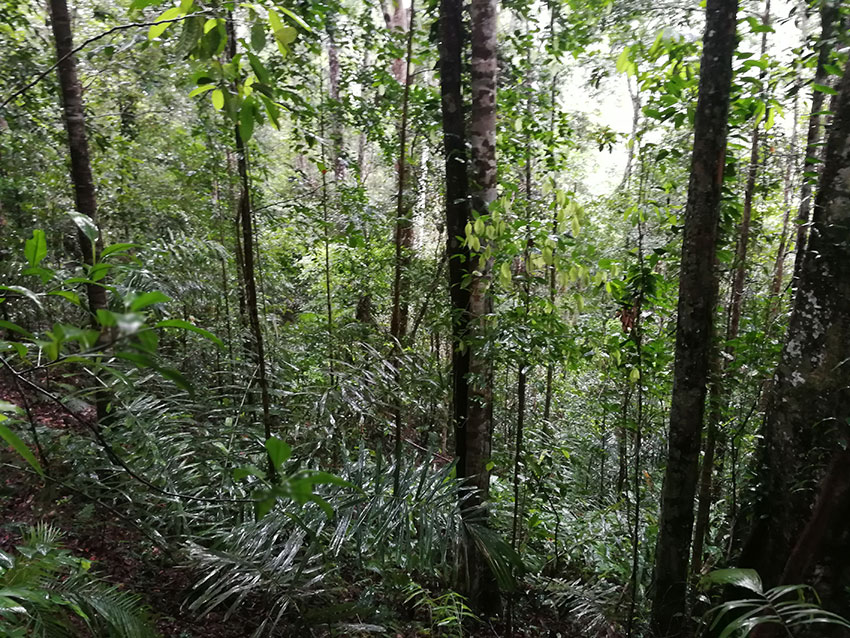
Proyecto Desarrollo de modelos forestales sostenibles para bosques secundarios en Centroamérica con vínculos al financiamiento privado
National projects
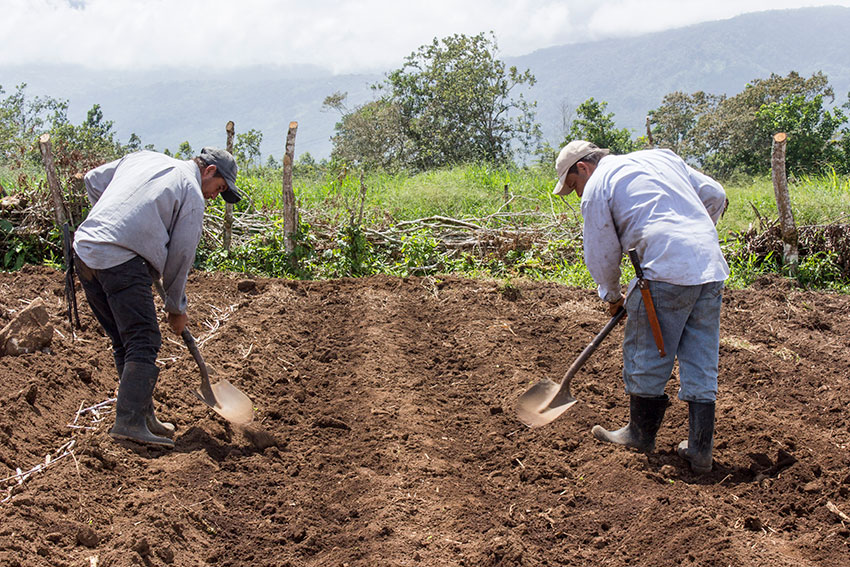
Vías transformadoras bajas en carbono y resilientes al clima de Costa Rica (TRANSFORMA)
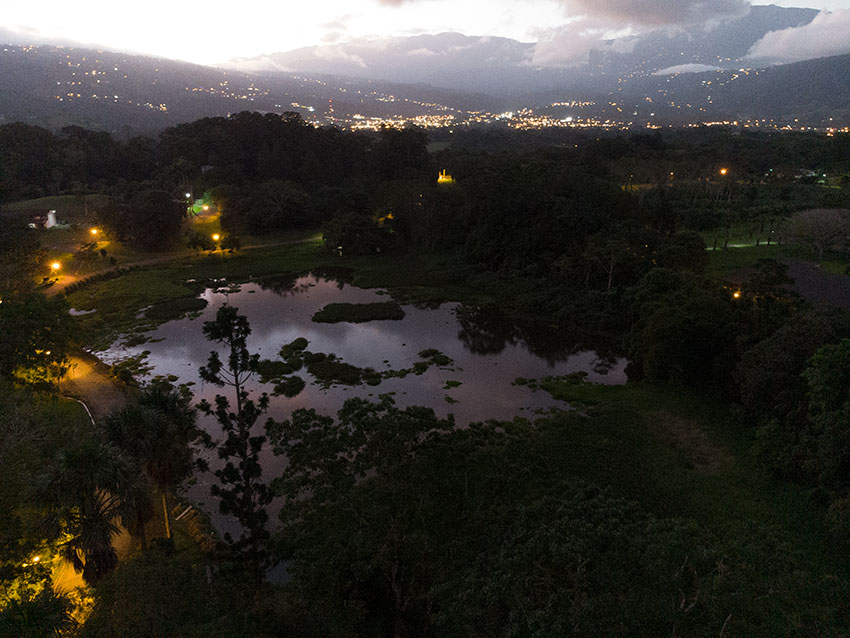
Carbono azul y mecanismos internacionales y compromisos nacionales de Costa Rica ante la CMNUCC
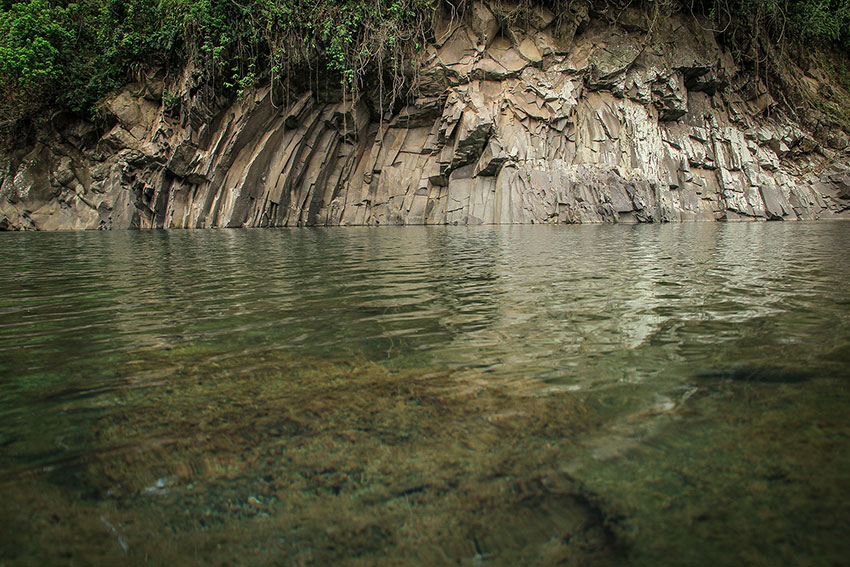
Rehabilitación ecológica del ecosistema del manglar en el Humedal Estero Puntarenas y manglares asociados
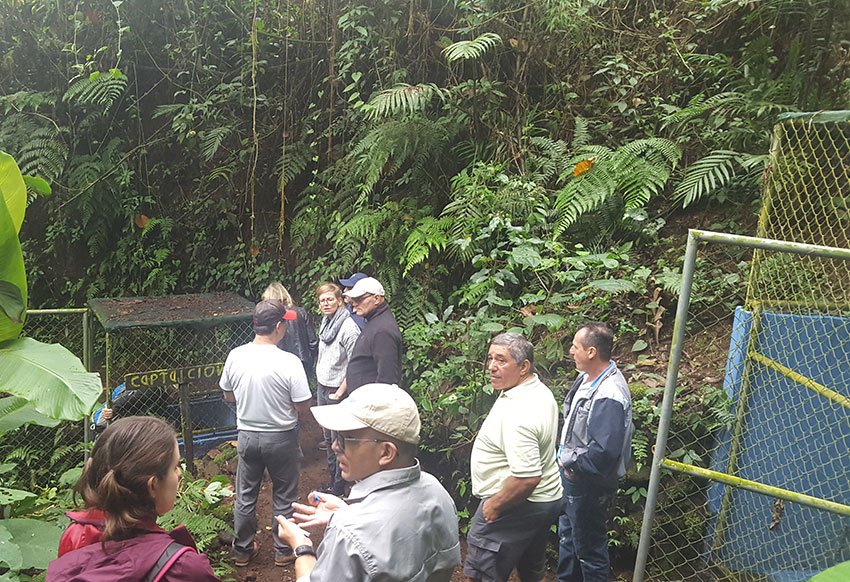
Proveedores responsables, tecnología y participación ciudadana para la mejora de los servicios de agua en comunidades vulnerables de Costa Rica
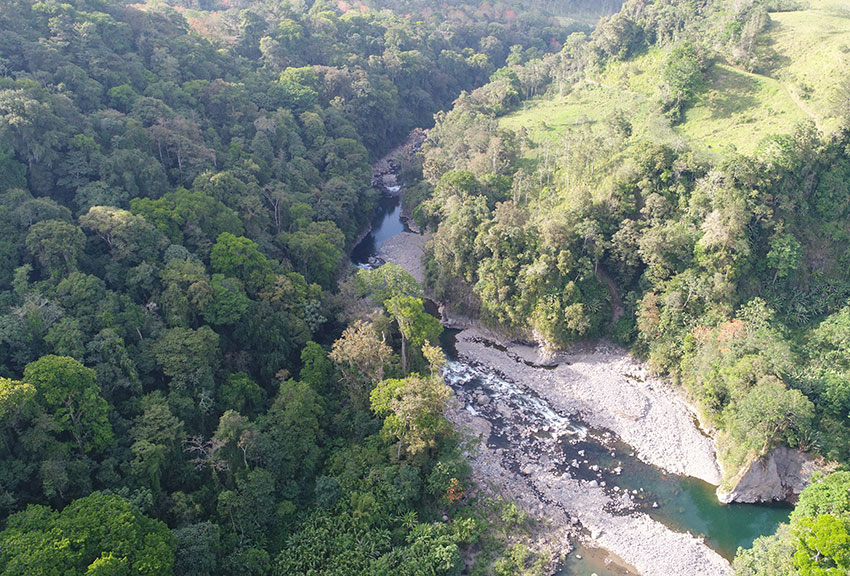
Asistencia técnica a las instituciones públicas de Costa Rica en la ejecución del Plan Nacional de Descarbonización
SOCIOS ESTRATÉGICOS
- Socios sector público: MINAE, MAG, SINAC, FONAFIFO, INTA y CORFOGA
- Socios sector académico: UCR, UNA e ITCR
- Cooperación internacional: IKI/BMUB, AFD, CI, CIRAD, GIZ, UICN, IICA, Alianza CIAT-Bioversity, PNUD y BCIE
More information:
Office of the Director General
CATIE, Sede Central
dgcatie@catie.ac.cr
